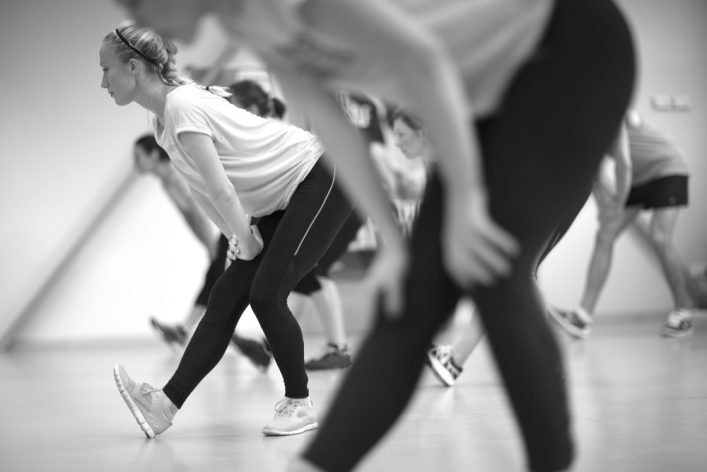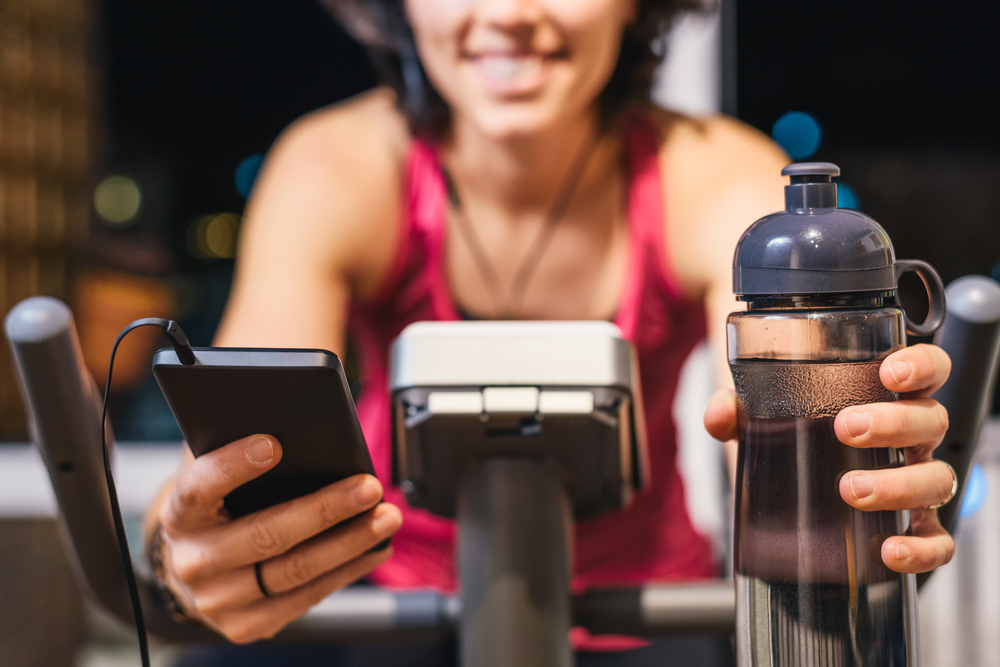

Sometimes our lives seem to be one constant balancing act. We have family obligations, commitment to friends, work responsibilities, all to repeat the next day. It seems like the only time to yourself is at the gym, and even that can be challenging when your body feels off balance.
We may wear many hats in our life, such as good parent, spouse, sibling or son. The demands of being a daughter, friend, boss, co-worker, student, volunteer, or pet-owner require a lot of energy and we can’t get that unless we take care of ourselves, first and foremost. Self-care is a high priority in our fast-paced, complex, modern lives.
Self-care is preventive care and prevention is the best medicine. When life gets hectic, it’s all too easy to sacrifice our time and energy focused on others and end up neglecting our own health. Many only realize this years later through health scares and more trips to the doctor.
An unhealthy you is of no use to anyone. You can’t take care of others nor obligations when you find yourself having no energy due to health problems caused by years of neglect. Eventually, you yourself might become an emotional and financial burden to those that you tried so hard to care for.
So, self-care, in a way, is actually the least selfish thing you can do for others.
Self-care is the act of taking care of yourself, for you alone. It’s the act of nurturing your body, mind, and soul. Since everyone is different, there are countless ways to create a self-care routine and it’s up to you to find what’s right for you. However, there’s one self-care routine that everyone agrees is the most important, and as an Evolutions member, this shouldn’t be a surprise.

Most people start exercising or join a gym to “get healthy.” But what does that really mean? It’s the foundation of self-care. Movement is medicine. For some, getting healthy means to lose weight, to increase endurance or gain muscular strength. For others, it’s to reduce stress, eliminate medications, or transition from surgery. Movement is the maestro of all these benefits.
A hidden benefit of physical exercise is how it gives everyone more energy and releases hormones like endorphins to have the energy to do other things they enjoy. Physical exercise causes a domino effect of positive energy that spills over to the rest of the day.
But remember, there is also a balance to this. Optimal workout programs include a variety of wellness domains i.e. cardiorespiratory endurance, core and muscular strength, flexibility and mobility, coordination, reactivity, and balance.
The primary categories are:
Endurance: Basically, cardio exercise improves heart health and respiratory function, releases endorphins (which reduces stress and depression), and burns calories.
Strength:Strength training isn’t all about gaining muscle mass. It maintains the mobility, power, and flexibility of the muscles, tendons, and joints.
Flexibility: We improve daily functioning and avoid pain and injuries by achieving healthy range of motion especially around major joints like hips and shoulders.
A balanced workout routine includes these three major components as well as some other aspects of fitness and performance.
There is no shortage of choices! Explore a variety of formats to find something you enjoy and branch out from there. Change up your routine at least every 3 months to challenge your systems in a variety of ways for general health and wellness.
Remember that self-care is about balance. And physical training is both: overload plus recovery. They go hand in hand. After challenging yourself appropriately, your systems (musculo-skeletal, cardiovascular) need recuperation. Doing so actually improves future workouts as well. Many people make the mistake of being over-trained and therefore, under-rested.
Assist your recovery and re-loading by:
Here are some signs of possibly being over-trained and under-rested:
You’ll falter from time to time, and that’s O.K. Being kind and forgiving of yourself is another form of self-care. As with everything that requires discipline and fluidity, set modest goals at first. Every day or week will be different and will bring new challenges. Adapting to these moments are in itself, self-care practices.
Remember that self-care is rejuvenating and restorative, so enjoy the time you make for yourself!
This post was part of our Monthly Intentions program throughout the year. Each month at Evolutions we focus on one intention to guide our practice, our wellness and our attention – inside and outside the club. Join us on this journey through Facebook and Instagram @EvolutionsAnnapolis #monthlyintentions #evolutionsannapolis.